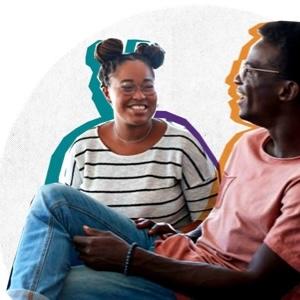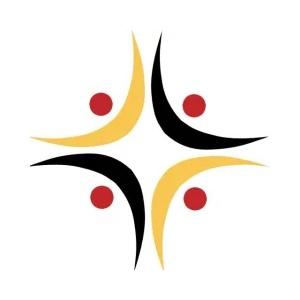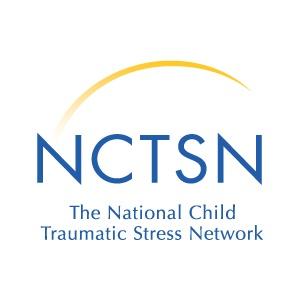General Links
Websites
Toolkits
Queer and Trans People of Color (QTPOC): https://icrace.files.wordpress.com/2021/06/final-qtpoc-toolkit-1-1.pdf
Non-Black Latinxs Who Choose to Address their anti-Blackness: https://icrace.files.wordpress.com/2020/06/final-antiblackness-.pdf
Surviving & Resisting: Defending DACA, A Toolkit For DREAMers: https://icrace.files.wordpress.com/2017/09/defendingdaca-toolkit-for-dreamers-1.pdf
Mixed Status Immigrant Families in Times of Fear and Uncertainty: https://icrace.org/wp-content/uploads/2018/05/final-immigrant-parent-toolkit.pdf
Antiracism
Racial Trauma is Real: https://www.mmjerniganassociates.com/wp-content/uploads/2022/05/racialtraumaisrealManuscript.pdf
How to assess organization readiness to do racism work? https://www.njjn.org/uploads/Anti-Racism_Organizational_Assessments_1.pdf
Tool for Organization Self-Assessment Related to Racial Equity: https://racc.org/wp-content/uploads/buildingblocks/foundation/CCC%20-%20Tool%20for%20Organizational%20Self-Assessment%20Related%20to%20Racial%20Equity.pdf
Anti-racist Trauma Informed Organizational Principles: https://www.nctsn.org/sites/default/files/resources/special-resource/being-anti-racist-is-central-to-trauma-informed-care-principles-of-an-anti-racist-trauma-informed-organization.pdf
What is internalized racial oppression and why don’t we study it? Acknowledging racisms hidden injuries: https://irows.ucr.edu/cd/courses/232/pyke/intracopp.pdf
Compilation list of resource for white people to deepen their anti-racist practice: https://docs.google.com/document/d/1BRlF2_zhNe86SGgHa6-VlBO-QgirITwCTugSfKie5Fs/preview?pru=AAABcrN1FkU*CeA9LGDTsMKxkLUvbfdUuw#
Jasmine Mitchell’s Anti-Racist Packet: https://docs.google.com/document/d/16tuiRYmXO7-O4A52A0oUBy3l5TBgbLifJ7TZIhEJHqY
Anti-racist organizational continuum: https://philanos.org/Anti-Racist-Organizations
Rethinking Race and Ethnicity inn Biomedical Research: Silence breakers for whites in race discussions: https://robindiangelo.com/wp-content/uploads/2016/06/Silence-Breakers-for-Whites.pdf
Academic Pediatrics Special Issue on the impact of structural racism on children and youth https://kennedykrieger.instructure.com/courses/11/modules/2809
HEART
Books
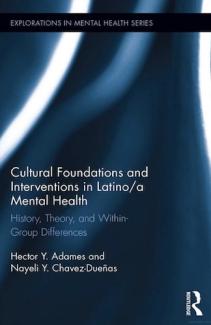
Adames, H.Y., & ChavezDueñas, N.Y. (2017). Cultural foundations and interventions in Latino/a mental health: History, theory, and within group differences. Routledge. Cultural foundations and interventions in Latino/a Mental Health
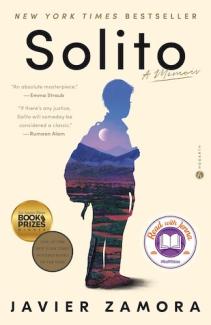
Zamora, J. (2022). Solito: A memoir. Hogarth.
https://www.penguinrandomhouse.com/books/705626/solito-by-javier-zamora/
Documentaries
Separated: Children at the Border
Actions are Illegal, Never People by Antonio Vargas.
Videos
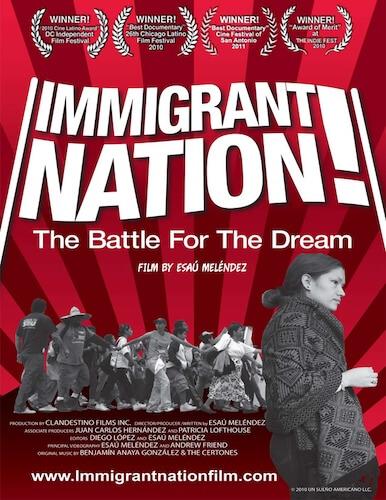
Immigrant Nation! The Battle for the Dream
https://www.newday.com/films/immigrant-nation-the-battle-for-the-dream
Journal Articles
Adames, H.Y., Chavez-Dueñas, N.Y., & Organista, K.C. (2016). Skin-color matters in Latino/a communities: Identifying, understanding, and addressing Mestizaje Racial Ideologies in clinical practice. Professional Psychology: Research and Practice, 47(1), 46- 55. http://dx.doi.org/10.1037/pro0000062
Adames, H.Y., Chavez-Dueñas, N.Y., Sharma, S., & La Roche, M.J. (2018). Intersectionality in psychotherapy: The experiences of an AfroLatinx queer immigrant. Psychotherapy, 55(1), 73-79. http://dx.doi.org/10.1037/pst0000152
Brabeck K., & Qingwen, X. (2010). The impact of deportation on Latino immigrant children and families: A quantitative exploration. Hispanic Journal of Behavioral Sciences, 32,(3), 341-361. https://doi.org/10.1177/0739986310374053
Cadenas, G. A., & Nienhusser, H. K. (2021). Immigration status and college students’ psychosocial well-being. Educational Researcher, 50(3), 197-200. https://doi.org/10.3102/0013189X20962470
Chavez-Dueñas, N. Y. & Adames, H. Y. (2022). Parenting while undocumented: An intersectional socialization approach. Current Opinion in Psychology, 43, 1-7. https://doi.org/10.1016/j.copsyc.2022.101441
Chavez-Dueñas, N.Y., Adames, H.Y., Perez-Chavez, J.G., Salas, S.P. (2019). Healing ethnoracial trauma in Latinx immigrant communities: Cultivating hope, resistance, and action. American Psychologist, 74(1), 49-62. http://dx.doi.org/10.1037/amp0000289
Chavez-Dueñas, N.Y., Adames, H.Y., & Organista, K.C. (2014). Skin-color prejudice and within group racial discrimination: Historical and current impact on Latino/a populations. Hispanic Journal of Behavioral Sciences, 36(1), 3-26. https://doi.org/10.1177/0739986313511306
RADICAL HEALING
Videos
Innovation Speaker Series: Implementing Radical Healing Strategies to Promote Health Equity.
Dare to Disrupt! Keynote by Shawn Ginwright, Ph. D.
Tara Houska: The Standing Rock resistance and out fight for indigenous rights.
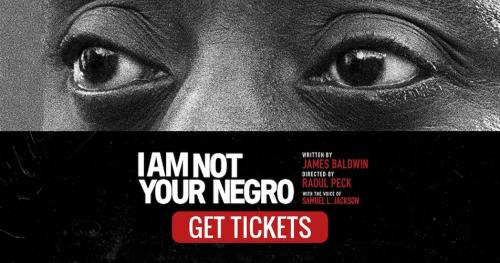
Grellety, R., Peck, H. (Producers), & Peck, R. (Producer and Director). I am not your Negro [Motion Picture]. United States: Magnolia Pictures and Amazon Studios.
Podcasts
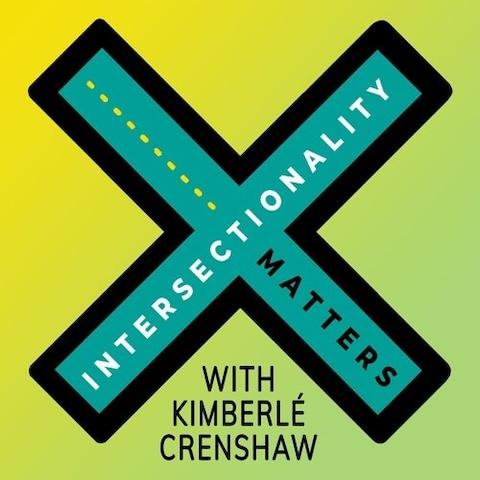
Tippett, K. (Host) & Percy Ruíz, L. M. (Producer). (2017, September 14). Junot Diaz: Radical hope is our best weapon. On Being Podcast with Krista Tippett. Podcast retrieved from https://www.pandora.com/podcast/on-being-with-krista-tippett/junot-diaz-radical-hope-is-our-best-weapon/PE:71318
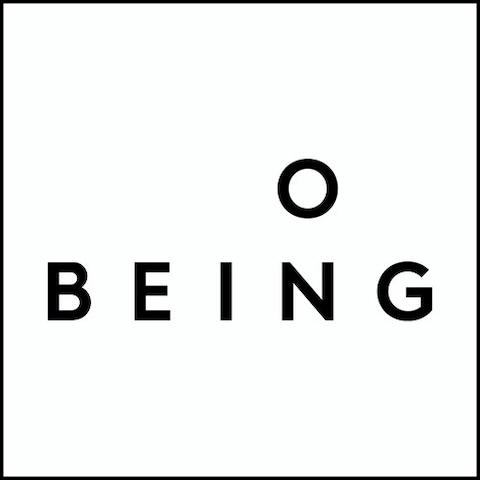
Podcast: Intersectionality Matters (Crenshaw, K & Sharpe Levine, J) : https://podcasts.apple.com/us /podcast/intersectionality-matters/id1441348908
Readings
The Psychology of Radical Healing Collective Blog: https://www.psychologytoday.com/us/contributors/the-psychology-of-radical-healing-collective
- Radical Existence in Times of Atrocities: https://www.psychologytoday.com/us/blog/healing-through-social-justice/201908/radical-existence-in-times-atrocities
- Radically Reimagining Community Safety: https://www.psychologytoday.com/us/blog/healing-through-social-justice/202010/radically-reimagining-community-safety
Combahee River Collective. (1995). Combahee River Collective statement. In B. Guy-Sheftall (Ed.), Words of fire: An anthology of African American feminist thought (pp. 232–240). New York: New Press. (Original work published 1977)
SHARP
Videos
Talk by Rhonda Magee
Talk by Dr. Marisela Gomez
13th
The oppressive origins of social work video
Racism has a cost for everyone
Journal Articles
Shaia, W. E. (2019). SHARP: A Framework for Addressing the Contexts of Poverty and Oppression During Service Provision in the United States. Journal of Social Work Values and Ethics, 16(1), 16-.
Shaia, W.E., Avruch, D.O., Green, K., & Godsey, G.M. (2019). Socially-Engineered Trauma and a New Social Work Pedagogy: Socioeducation as a Critical Foundation of Social Work Practice. Smith College Studies in Social Work, 89, 238 - 263.
Schen, C. R., & Greenlee, A. (2018). Race in Supervision: Let's Talk about it. Psychodynamic psychiatry, 46(1), 1-21. https://guilfordjournals.com/doi/pdf/10.1521/pdps.2018.46.1.1
Alexander and Charles (2009): https://www.researchgate.net/publication/274712973_Caring_mutuality_and_reciprocity_in_social_worker-client_Rethinking_principles_of_practice
Readings
The Lens of Systemic Oppression: https://inclusions.org/wp-content/uploads/2017/11/Lens-of-Systemic-Oppression-5.pdf
National Association of Black Social Workers’ list of influential black social workers not often found in history books: https://www.nabsw.org/page/SocialWork
NASW apology for racist practices: https://www.socialworkers.org/News/News-Releases/ID/2331/NASW-apologizes-for-racist-practices-in-American-social-work
Ten ways racism wounds white people: https://www.afsc.org/blogs/acting-in-faith/10-ways-white-supremacy-wounds-white-people-tale-mutuality
NY state chapter of NSAW Ways to Revolutionize Social Work: https://naswnys.org/blm-get-involved/
Why Talk About Whiteness: https://www.learningforjustice.org/magazine/summer-2016/why-talk-about-whiteness
When Baltimore Awakes: An Analysis of the Human and Social Service Sector in Baltimore City: https://www.yumpu.com/en/document/read/62892153/when-baltimore-awakes-an-analysis-of-the-human-and-social-service-sector-in-baltimore-city
Levels of Racism: A Theoretical Framework and Gardener’s Tale: https://www.health.state.mn.us/communities/practice/resources/equitylibrary/docs/jones-allegories.pdf
Websites
SHARP Community of Practice: https://www.facebook.com/groups/874852173846581
The People’s Institute for Survival and Beyond: https://pisab.org/
COMMUNITY PARTNERS
How to find a culturally competent provider: https://jedfoundation.org/resource/how-to-find-a-culturally-competent-therapist
How to deal with racial trauma: https://organizations.headspace.com/blog/how-to-deal-with-racial-trauma
Questions to ask a potential therapist or service provider
- What is your racial/ethnic and cultural background? How does that impact your work as a therapist/service provider?
- What is your experience when it comes to working with ________ (ex. specific racial/ethnic backgrounds, immigrant populations, LGBTQ, etc.)
- How do you work with clients whom have experienced racism, discrimination, or immigration-related concerns?
- What does it mean to you to provide culturally competent care? What training have you had on this topic?
- What is your comfort level when it comes to talking about topics such as white privilege, racism, discrimination, or systemic oppression?
GLOSSARY
Anti-racism is the practice of actively opposing racism in all aspects of life. This includes politics, economics, culture, and society.
Anti-racist: A person who actively practices anti-racism.
Ally: A person who makes an intentional decision to understand, empathize, and act in support of others. Allyship is not an identity. It's a lifelong journey of commitment and practice. Allyship is an informed, consistent, and empathetic practice to uphold a culture of inclusion.
BIPOC stands for Black, Indigenous, and people of color. The term is intended to acknowledge that not all people of color (POC) face the same levels of injustice. By listing out Black and Indigenous, the term emphasizes that people from these specific communities face different, and often more severe, forms of injustice and oppression. Some members of racial and ethnic communities oppose the use of this term as it suggests a uniform experience among all people who are not white and perpetuates the belief that people who are not white are intrinsically different or alien.
Institutional racism is defined as racist policies and practices built into organizations and institutions, such as schools, the legal system, and law enforcement.
Intersectionality recognizes that identity markers such as race, class, gender identity, sexual orientation, and religion, do not exist independently of each other. Each of us has a myriad of identities, and those identities overlap and intersect in dynamic ways. The effects of bias, prejudice, and disadvantages may be compounded by overlapping identities. Understanding intersectionality is to understand the variety of privileges and/or forms of oppression that one may experience simultaneously at any given time.
Micromessages are small, subtle messages we send and receive verbally and non-verbally. They can be negative or positive. Microaggressions are negative and can cause exclusion, while microaffirmations are positive and can encourage feelings of inclusion.
Privilege is the set of advantages, entitlements, and benefits granted only to a person or group of people exercised to the exclusion or detriment of others. Some who experience such privilege do so without being aware of the discrepancies in experiences, access, or opportunities.
Systemic racism, sometimes referred to as structural racism, encompasses the overarching system of racial bias across all aspects of our society, including history, culture, politics, and economics. All other types of racism, such as interpersonal and institutional racism, emerge from systemic racism. For example, redlining was a system that limited Black people's access to home ownership, locking them out of a major pathway to wealth—an economic disadvantage that can take generations to dissipate.
Unconscious bias, or implicit bias, is a preference for or against a person or group that one is not aware of having, but nevertheless is communicated through language and behavior. We can counteract and mitigate our unconscious biases by recognizing how they affect others and making the effort to change our language and behavior.
White privilege is the unearned set of advantages, entitlements, and benefits granted specifically to white people over other racial groups, which is reinforced throughout many societal structures.


